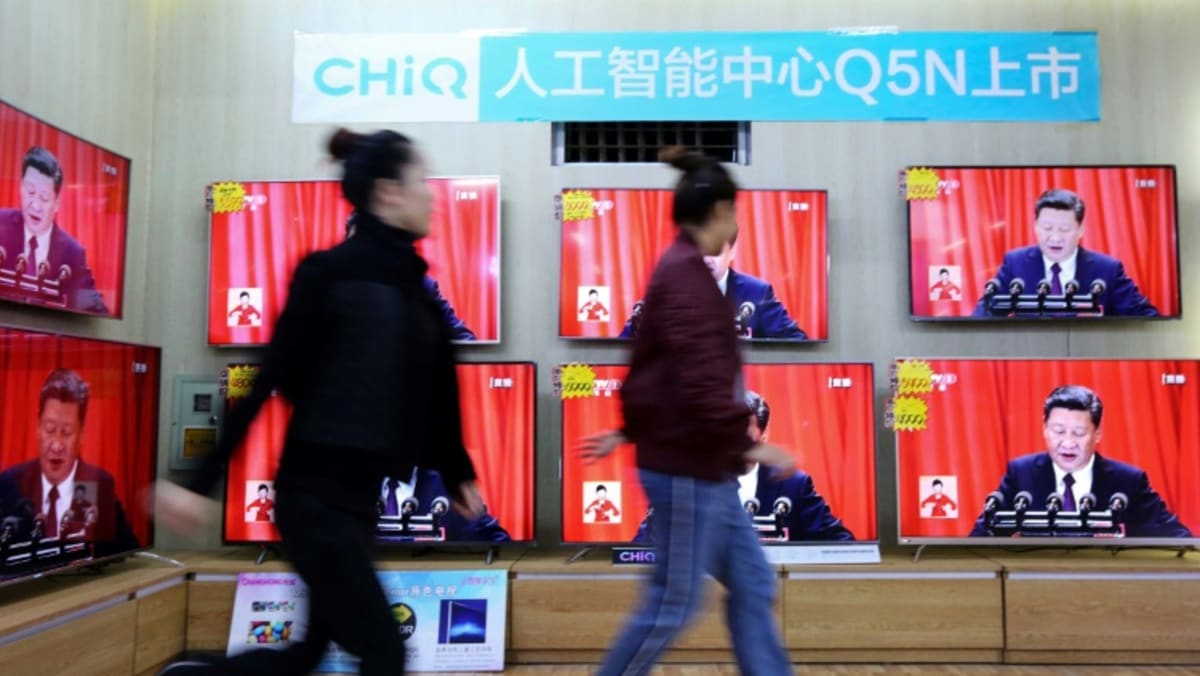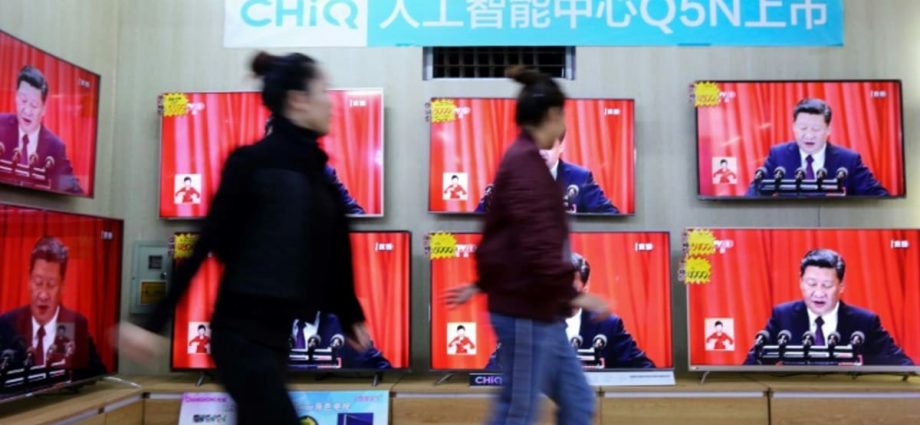
First, the era of Mao Zedong and class struggles. Professor Wang Guang of the Academy published an article on Sep 6 seen as justifying the revival of class struggles, where the rich could be seen as the enemy of the people and whose wealth should be taken and redistributed.
In the 1950s, private firms were pressured to move towards joint public-private ownership, almost eliminating the entire private sector while China headed for economic disaster during the Great Leap Forward.
Second, the Ming-Qing dynasties and their isolationist policies. Academy authors defended bi guan suo guo (closing borders and locking up the country) as pro-active self-defence to prevent China from the invasion of foreign imperialism, fuelling discussion on whether China will eventually open up.
A third option is the era of Stalin. Wang Weiguang, former president of the Chinese Academy of Social Sciences, proposed to “correctly understand and scientifically evaluate” Joseph Stalin ahead of his 70th death anniversary in March 2023, which could spark discussion on a return to the disastrous Soviet planned economy.
The forthcoming National Party Congress will tell whether Xi would indeed secure an unprecedented third term and where Xi’s third term could take China economically.
But with a fresh “historical self-confidence”, Xi’s plan to double China’s GDP and per capita income by 2035 would probably take a different path from the last four decades.
Professor Bo Zhiyue is founder and president of the Bo Zhiyue China Institute, a consulting firm providing services to government leaders and CEOs of multinational corporations, and an author on China’s elite politics.

